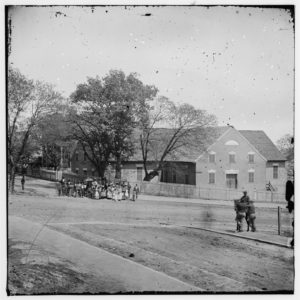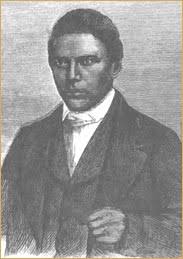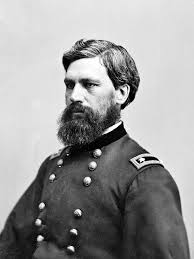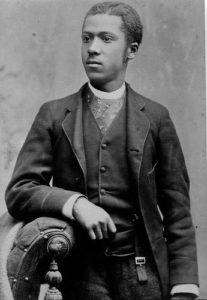
The Politics of Faith: How Contests within Sacred Space Shaped Post-Emancipation Society
In this roundtable, three historians present short excerpts from papers they would have presented at the 2020 meeting of the Society of Civil War Historians, which was cancelled due to Covid-19. The authors featured here explore how the wartime destruction of slavery shaped politics and power within Black churches, between ...
Read More
Read More

“‘Irregular Secession’: The Political Nature of Religious Space in the Reconstruction-era South
In the early summer of 1865, just a few months after Confederates in Raleigh, North Carolina, officially surrendered, Black Baptists found themselves faced with a choice: submit to white leadership and be permitted to use the roomy sanctuary of the city’s main Baptist church, or refuse and be relegated to ...
Read More
Read More

Strategic Alliance: John Hartwell Cook, O. O. Howard, and the Postwar Fight for Equality at First Congregational Church
In February 1867, John Hartwell Cook, a freedman from Virginia and graduate of Oberlin College, arrived in Washington, DC, with his wife, Isabel “Belle” Lewis, to take up a new position with the Bureau of Refugees, Freedmen and Abandoned Lands, commonly called the Freedmen’s Bureau. Prior to his arrival, he ...
Read More
Read More

Beyond Speeches and Leaders: The Role of Black Churches in the Reconstruction of the United States
Black churches were at the center of remaking the United States’ post-Civil War political system into one that incorporated formerly enslaved black men into the body politic and revised the legal code to provide civil rights to these new citizens. Black Baptist and Episcopal Churches of Virginia provide insight into ...
Read More
Read More
